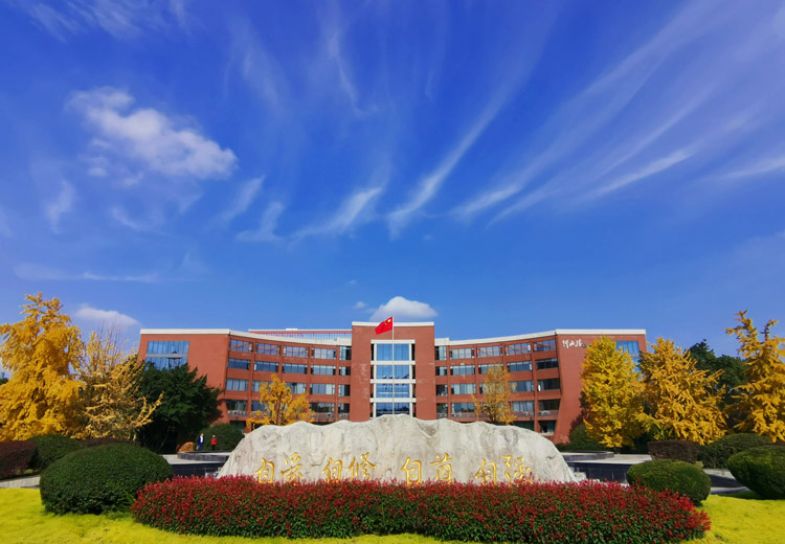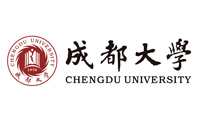
Chengdu University is advancing its international partnerships while producing research that supports domestic initiatives
China’s 111 Project is fostering the country’s global engagement without compromising on domestic priorities, which remain central to the project's university bases.
At Chengdu University, the institution’s 111 Project base is aligned with the Sichuan region’s 5+5+1 framework. This framework focuses on developing five key industries and five key fields with one overarching goal: leveraging technological innovation to build an open, balanced and diversified economy.
To support this framework, Chengdu University has assembled a team targeting the region’s material industry needs. This team includes notable academic leaders from around the globe, such as Xiaolin Zhao, a fellow of the Australian Academy of Technological Science and Engineering; Daniel Scherman, an exceptional-class research director at France’s National Centre for Scientific Research; and Qiang Chen, a professor at Kyushu University in Japan.
Beyond the 5+5+1 initiative, Chengdu University’s base conducts joint research on critical core technologies in new low-carbon materials, solid waste resource utilisation and energy conservation and emission reduction. To advance these national goals, the university engages overseas experts who support academic exchange and communication through online and offline lectures, broadening the international perspectives of Chengdu University’s faculty and students.
Moreover, the base has facilitated technical exchanges between domestic and foreign experts, as well as front-line employees at leading Sichuan enterprises. It has also launched scientific research activities addressing key technical challenges faced by these enterprises, with 35 projects cumulatively receiving over 10 million yuan (£1.1 million) in funding.
While outward-looking, Chengdu University’s 111 Project base ensures that its successes benefit the local community. Events organised by the base underscore Project 111’s dual focus on international and domestic impact. The base has hosted and co-organised a number of academic conferences, including the 17th Symposium on Piezoelectric and Acoustic Waves and Device Applications.
By supporting a diverse academic events calendar, the base fosters a network of renowned domestic and international experts. It serves as a high-end academic exchange platform for universities, research institutes and enterprises, enhancing global cooperation and the academic influence of the base. This influence will extend to international institutions but will also deliver substantial economic and social benefits within China.




